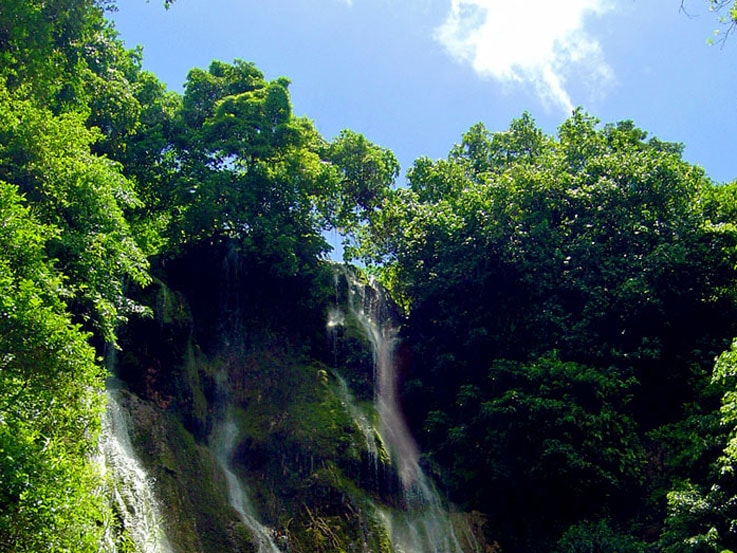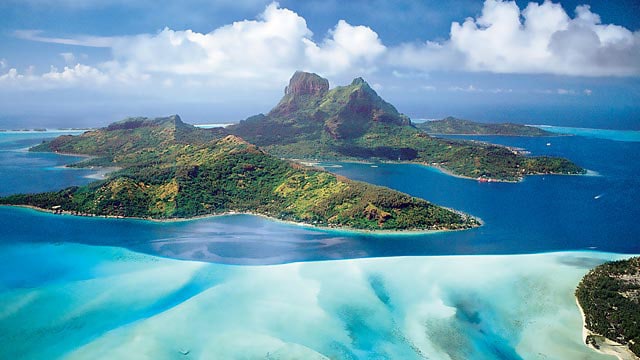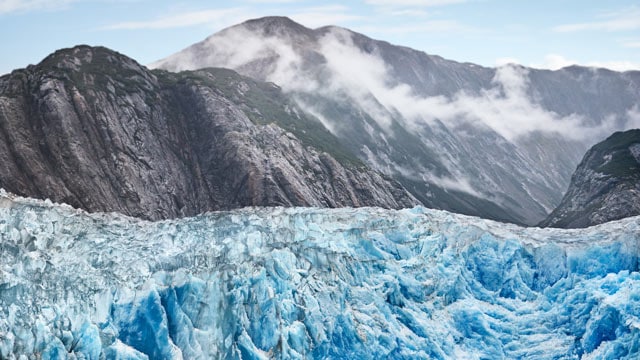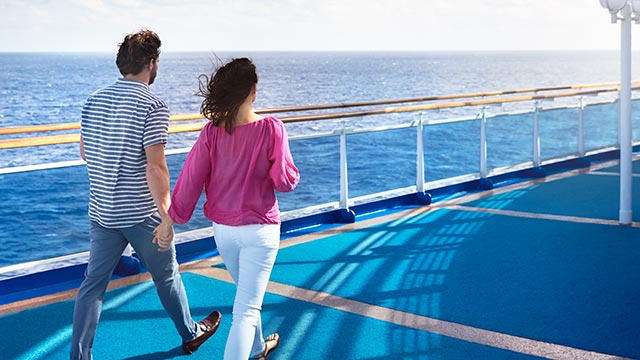Like the Hawaiian "aloha," “bula” in Fiji is a welcoming sign of love, friendship and good health. Receiving a warm welcome in the South Pacific is commonplace, but Fiji is widely regarded as one of the most kind-hearted groups of islands in the world. While the more than 200 volcanic rocks that comprise the island chain are home to an abundance of sea and tropical life, there is more to this nation and Fiji culture than meets the eye.
Although some may find islander dances campy, especially in hotel settings, the Fijian "meke" dance is entertaining and pays respect to the islands' dancing traditions. More often than not, performers beckon tourists to join in the fray and Frommer's, a highly regarded travel guide, recommends that travellers willing to shake their rumps join in the fun.
Kava is a popular drink throughout the Pacific and South America that is made from the root of the kava plant. Fijians, who call the drink yaqona, grind up the plant into a powdery substance and mix it with water to produce a relaxing and mildly intoxicating drink. Although a large quantity should not be consumed at once, particularly if it has been spiked with fermented bananas known as "grog," the perfect amount induces relaxation.
The coconut is considered the "tree of life" to Fijians, who use every bit of the plant for food, energy and textiles. At the "copra" plantation in the centre of the island, coconut meat is dried and pressed to produce oils that are used for soap, lotion, candles and cosmetics. The husk is rubbed together to form a tight rope stronger than most conventional western braided ropes. Visitors can spend time exploring Plantation Island, home to 50 hectares of coconut palms and tropical gardens, where they can learn about traditional Fijian medicine.
While hiking the many trails in Fiji, travellers might have the misfortune of getting bumps and bruises, but the "wa bosuco" plant grows like a weed and the juice from its leaves are medicinal. Wa bosuco also soothes bee stings and reduces swelling. The papaya tree, known here as a paw-paw, produces amazingly sweet and juicy fruits throughout the year, but Fijians use it for easing the pain from toothaches and migraines.
Life on these islands is slow, as indicated by the well-known term "Fijian time." Travellers should try not to be dismayed if their appointments start late or dinner service is not prompt as that is also commonplace in Fiji culture. These islanders are happy, easy-going and take their time in everyday activities - visitors would be wise to follow suit.



